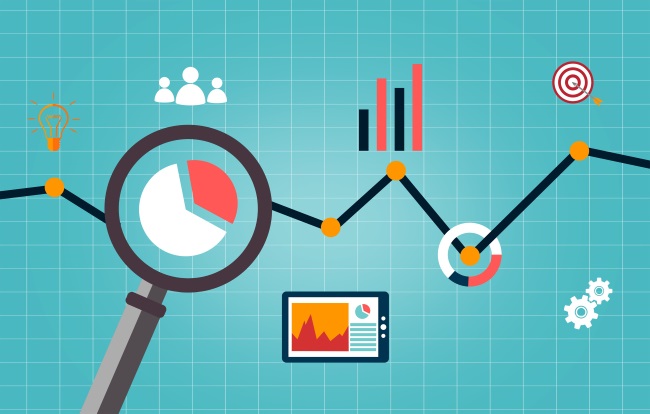In this digital era, businesses could easily gather data and information along each and every point of the consumer journey. This sort of information would be including digital clicks, mobile app usage, interactions on social networking sites and a lot more, all this would contribute to a significant data fingerprint which is supposed to be totally unique to the owner. However, in the past, the very thought of consumers sharing information on the exact time they would be getting up from sleep, or what they actually ate for breakfast, or their precise holiday destination, would be completely unimaginable and a really peculiar consideration.
Consumer social norms have undergone changes and as such, expectations have actually rocketed. Today, we should be discussing the top benefits that businesses could experience from database analytics that would culminate in positive results for both customers and businesses while facilitating and maintaining the highest degree of data security and protection.
Proactive&Foreseeing Requirements
Most organizations are under a lot of pressure from competitors. It is a highly competitive world and businesses need to not only get customers but they also need to understand the unique requirements of their customers so that they could provide highest levels of customer satisfaction and service and build long-lasting relationships. Customers are sharing their important data and allowing a much-relaxed privacy. Today customers are expecting businesses to know precisely who they are, form relevant interactions or provide a fulfilling and seamless experience.
Thus, organizations must think of capturing and reconciling a number of customer identifiers like email ID, address, and cell phone. Consumers are increasingly utilizing multiple channels while interacting with companies hence, digital and traditional data sources need to be brought together for comprehending consumer behavior.
Mitigating Effectively Fraud & Risks
Fraud and security analytics are aimed at protecting all intellectual, financial and physical assets from misuse by any kind of external and internal threats. Professional and proficient data analytics skills would be delivering optimum levels of organizational security and fraud prevention. In this context, you must understand that deterrence would be necessitating mechanisms that allow organizations to detect promptly any potentially fraudulent activity, identify, and track perpetrators. Transparent and competent reporting of fraudulent incidents would culminate in enhanced processes of fraud risk management.
Service and Customizability
Structured data is still a bit of a struggle for most companies. There is a tremendous amount of variety and volatility in data collected via digital platforms and it demands a lot of savvy and flexibility from companies who want to generate actionable insights from this data. Big data models could let you tune interactions based on the customer’s attitude, behavior, and functionality, as well as, a number of personalization factors.
Improving the End-to-End Experience for the Customer
Operations management is a big deal. A poorly created user experience hurts your brand image and hurts brand loyalty. This is costly and very difficult to reverse. By employing analytics at every step of the process you could really rise to the challenge of growing customer needs and stitch together an operations interface that gets things done exactly the way users want them to be and ensures effectiveness, efficiency, and excellence.
Conclusion
Cutting-edge analytical techniques could be effectively deployed for enhancing field operations, efficiency, and productivity in field operations. Moreover, database analytics help in optimizing any organizational workforce as per customer demand and business requirements. Optimum use of database analytics would be making sure the measurement of vital operational metrics and their end to end view.
